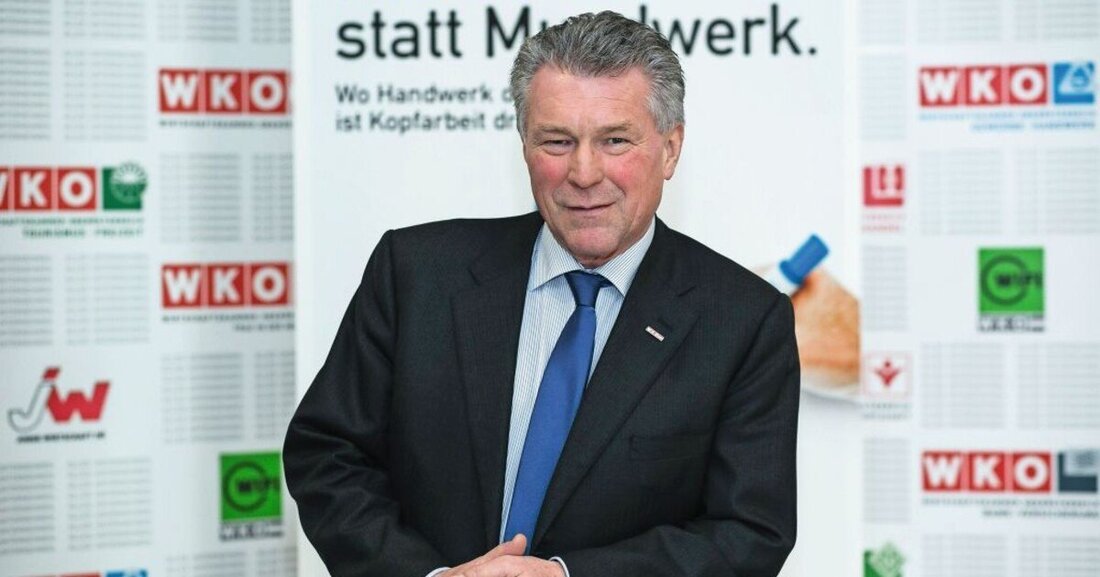Covid-19 is an accelerant for many things”
After seven years, Erik Paul Papinski is saying goodbye as the painters’ top representative and handing over to the next generation. He takes stock of the automotive industry and also addresses unpleasant topics.

Covid-19 is an accelerant for many things”
An era comes to an end in mid-November. Erik Paul Papinski has been active in the Chamber of Commerce since 1995, and since 2013 he has been the federal guild master of the professional group of body construction technicians and body painters. Now there is a changing of the guard because Papinski is no longer available for office in the coming Chamber of Commerce elections; The designated successor is Manfred Kubik. “It’s time to make room for a younger generation,” says Papinski.
We want to know what he is most proud of. The answer comes straight out of the box: "The merger with the automotive technicians is a real milestone. We had our differences of opinion, but we always negotiated with a handshake quality," says Papinski, remembering the pooling of forces within the interest group in 2015.
Papinski was also the first Austrian to head the international association of his guild. Whose future he sees as mixed. On the one hand, mobility will generally change, in the direction of rental systems, which will reduce the number of vehicles overall. On the other hand, the damage amounts would decrease due to various assistance systems.
For Papinski, the Covid-19 pandemic is a kind of “accelerator”: He estimates that the claims market will collapse by around 20 percent in 2020 as a whole. Due to lockdowns and home offices, people are driving less, but at the same time money is anything but easy due to the economic crisis and rising unemployment. “People often have damages paid out and then repaired abroad,” says Papinski. Of course, there are big regional differences, including in Germany. He doesn't have an explanation for this: "I've given up trying to find an explanation for why business is booming in, for example, Innsbruck or in Germany in East Frisia and not elsewhere."
“Trade kills everything”
In general, Papinski fears that the craft, the repair industry, will go under in comparison to the car trade: “It's all about selling the cars, the trade kills everything,” says the representative. The approximately 1,500 Austrian body shops with an average of around five employees hardly registered any short-time work during the Corona crisis, but instead kept the business running. As far as the future is concerned, according to Papinski, companies need to rethink and offer mobility, cooperate on maintenance platforms and, above all, embrace digital innovations. He still sees deficits here: “Many companies are skeptical about digital innovations,” says the outgoing Federal Guild Master.
You would e.g. B. do not calibrate or often do not read error logs. An example of innovation is the digital tour: “Any independent workshop can repair any car, provided the appropriate equipment is available,” says Papinski. What advice would he like to give to his successor in the advocacy group? "None at all. He doesn't need one either. Everyone has to go their own way and advice from predecessors in office is unnecessary."

 Suche
Suche
 Mein Konto
Mein Konto